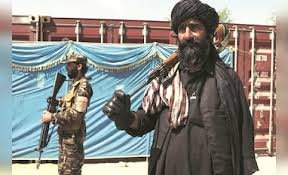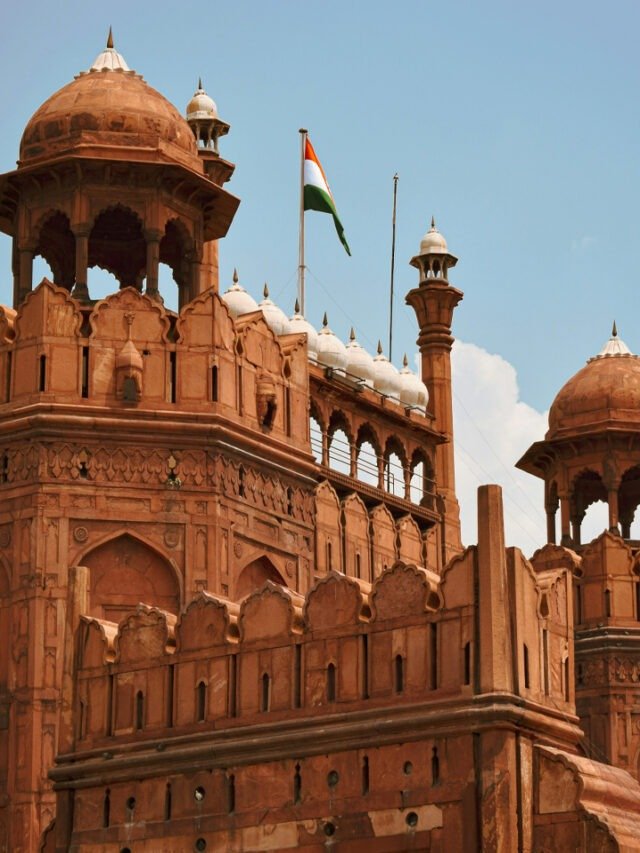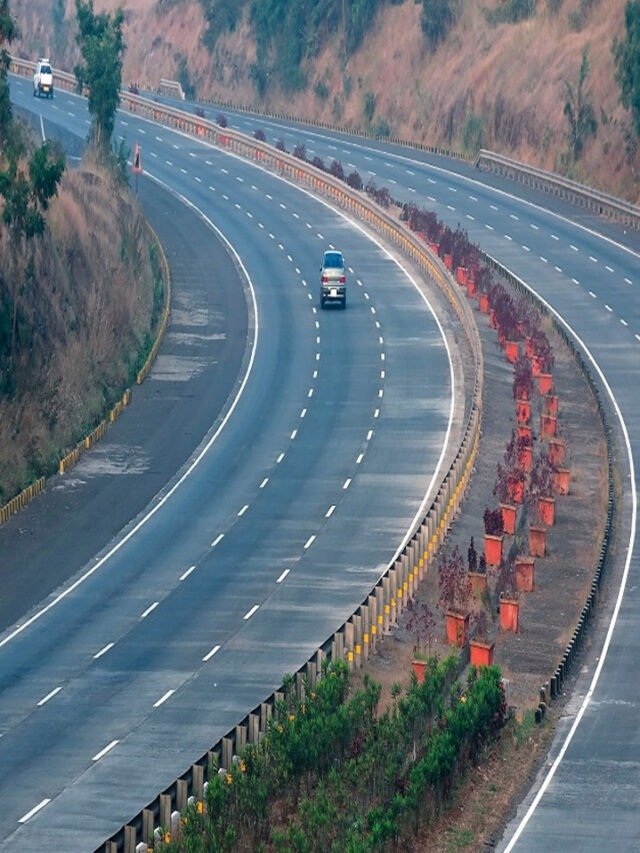ISLAMABAD, Feb 16 (AP): A rare public show of division within the ranks of Afghanistan’s ruling Taliban emerged in recent days when Interior Minister Sirajuddin Haqqani, a powerful government figure, gave a speech seen as implicit criticism of the movement’s reclusive supreme leader.
The Taliban leadership has been opaque since the former insurgents’ takeover of the country in August 2021, with almost no indication of how decisions are made.
In recent months, the group’s supreme leader, Hibatullah Akhundzada, has appeared to take a stronger hand in directing policy. In particular, it was on his orders that the Taliban government banned women and girls from universities and schools after the sixth grade.
The bans raised a fierce international uproar, increasing Afghanistan’s isolation at a time when its economy has collapsed — and worsening a humanitarian crisis. The bans also appeared to contradict previous policies by the Taliban government.
Between the Taliban takeover until the December ban on attending universities, women had been allowed to continue their studies. Taliban officials repeatedly promised that girls would be allowed to attend secondary school, but a decision to allow them back last year was suddenly reversed.
Haqqani made his comments in a speech over the weekend to a graduation ceremony at an Islamic religious school in the eastern province of Khost.
“Monopolizing power and hurting the reputation of the entire system are not to our benefit,” Haqqani said, according to video clips of the speech released on social media by his supporters. “The situation cannot be tolerated,” he added.
Haqqani said now that the Taliban have taken power, “more responsibility has been placed on our shoulders and it requires patience and good behavior and engagement with the people.” He said the Taliban must “soothe the wounds of the people” and act in a way that the people do not come to hate them and religion.
Haqqani did not refer to Akhundzada, but the remarks were seen by many commenting on social media as directed at him. Haqqani also did not mention the issue of women’s education, but he has said publicly in the past that women and girls should be allowed to go to school and universities.
Zabihullah Mujahed, the top spokesman for the Kabul government, said in an apparent reaction to Haqqani’s comments — without naming him — that criticism is best voiced privately.
“If someone criticizes the emir, minister, or any other official, it is better — and Islamic ethics also say — that he should express his criticism directly and secretly to him,” not in public, he said.
Akhundzada, an Islamic scholar, almost never appears in public and hardly ever leaves the Taliban heartland in southern Kandahar province.
He surrounds himself with other religious scholars and tribal leaders who oppose education and work for women. Only one known photo of him, years old, exists. Akhundzada came to Kabul only once since the Taliban takeover to give a speech to an assembly of pro-Taliban clerics, though he was not shown in media coverage at the closed event.
The Taliban have typically dealt with internal differences behind the scenes, and Haqqani’s comments “are a major escalation,” said Michael Kugelman, the deputy director of the Asia program and senior associate for South Asia at the Wilson Center. The Taliban leaders have the same broad vision, but “in Kandahar, they’re hermits, they’re not involved in the day-to-day,” said Kugelman. In Kabul, they have to govern and provide services, he added.
Haqqani leads a faction of the Taliban known as the Haqqani network, built around the family of the same name centered in Khost. The network battled U.S.-led NATO troops and former Afghan government forces for years and was notorious for attacks on civilians and suicide bombings in Kabul. The U.S. government maintains a $10 million bounty on Sirajuddin Haqqani for attacks on American troops and Afghan civilians.
His comments pointed to an apparent difference between some senior Taliban, who have had to rapidly adjust to the demands of government after two decades of fighting as insurgents.
When they took power in 2021, Taliban officials said they wanted better ties to the world. They said they would not return to the social restrictions on women or punishments, such as public lashings, that they imposed during their first time in power in the 1990s.
But over the nearly 20 months since, the Taliban have barred women from most jobs, middle school and high school as well as from parks. They’ve also ordered women to wear head-to-toe clothing in public.












